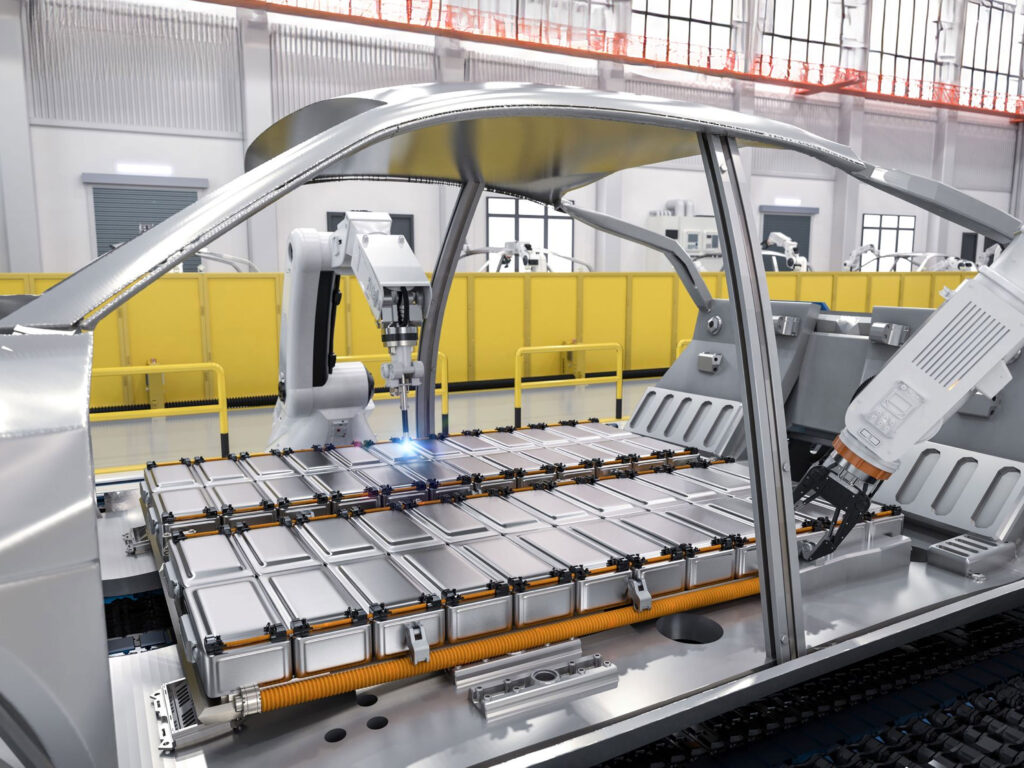Zebra Technologies Corporation (NASDAQ: ZBRA),is a leading digital solution provider enabling businesses to intelligently connect data, assets, and people.

Deep learning machine vision software and cameras as well as 3D sensors can be used for cell and cell component inspection, cell stack, module and pack assembly, and cover-to-tray assembly.“Electric battery and vehicle manufacturers are leveraging deep learning machine vision solutions that increase efficiency with industrial automation, which Zebra and partners provide to carmakers and EV battery suppliers,” said Rudolf Schambeck, Senior Manager, Machine Vision, Germany, Zebra Technologies. “These solutions excel in electric battery use cases that require more advanced inspection of surfaces and fabrics such as car seats and interiors, detection of anomalies with wide variations, classification, segmentation, and robotic guidance.”Electric batteries sit at the heart of the electric vehicle transition, with researchers exploring new advances that build on today’s lithium composition, including solid-state batteries and sodium-ion batteries which could deliver more compact, faster charging and lighter batteries.A range of cutting-edge technologies are needed to support these developments across the supply chain, ensuring the quality and compliance of materials, components, and assembled batteries as well as minimising downtime on the production line.“We work with a supplier to a global automotive manufacturer of luxury, high performance cars which is using Zebra’s Aurora deep learning software as part of a solution for the inspection and assembly of electric batteries,” said Tobias Butscheid, Chief Operating Officer, ID Engineering, who will join Zebra’s booth. “In such a competitive industry with regulatory, consumer and environmental requirements and expectations, it’s essential that electric battery manufacturers work with experienced partners and reliable solutions that deliver the outcomes they need.”Zebra’s 2023 report on AI machine vision in the automotive industry found that 56% of automotive business leaders surveyed in the UK and 43% in Germany are already using some form of AI such as deep learning in their machine vision projects, with around 20% on average looking to find out more or currently looking to procure.Carmakers and EV battery suppliers are leveraging machine vision to inspect the uniformity of surface coating, detect defects in cells, read barcodes and serial numbers, ensure the consistent positioning and application of adhesives and thermal beads, and carry our quality assessments for assembled battery packs. Machine vision is also being used as part of robotic picking, sorting and assembly solutions where the machine vision camera and software guide the actions of the robotic arm.

